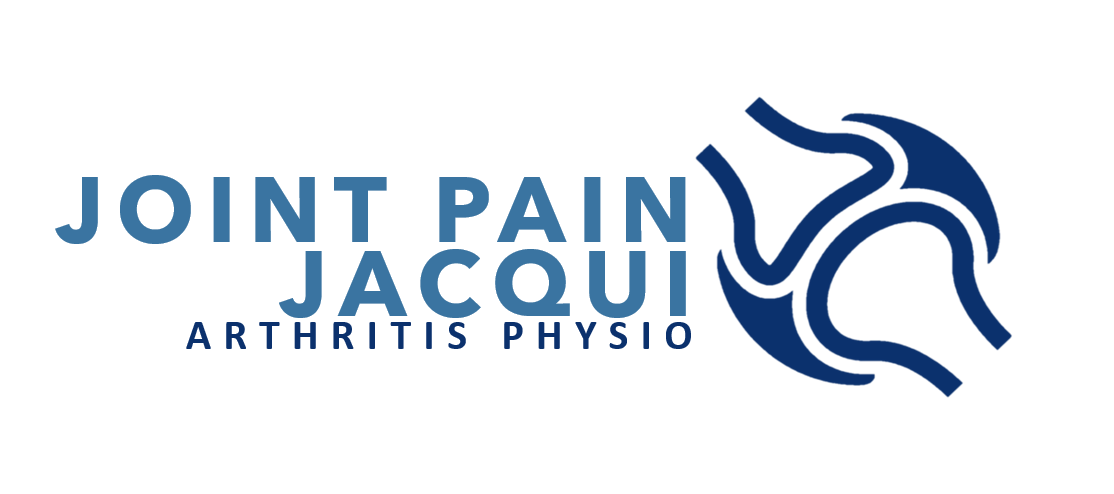Physiotherapists As "Osteoarthritis Coaches"
Physiotherapists are well placed to be “Osteoarthritis Coaches”
A recent editorial in the British Journal of Sports Medicine[1] highlighted the need to change the narrative about knee osteoarthritis. Clinicians such as physiotherapists are needed to take on the role of “health coach” in the management of osteoarthritis. This is viewed as a necessary shift to better manage osteoarthritis, particularly knee osteoarthritis, as there is a need to reinforce and promote the view that people who have osteoarthritis should firstly be guided towards non-surgical approaches. Ideally, surgical management of knee osteoarthritis should occur after a trial of conservative management strategies such as education, weight loss and exercise and additional supplementary treatments such as medication and injections.
I have always wanted to be a “coach” and firmly believe the strength of the physiotherapy profession does lie in our ability to educate our patients about osteoarthritis for them to better manage their problem.
The three things we need to make happen with osteoarthritis management are:
1. Communicating the correct message to the patient
2. Ensure the treatment is focused on guideline recommended strategies for the patient
3. Place the patient at the centre and allow them to be the one in charge of their care.
Communicating the Correct Message
A key message that should be delivered to your client is that their pain ( whether in the knee joint or other commonly affected osteoarthritic joints such as the hip) is not always just related to structural damage in the joint. There are may other factors that influence the level of pain you feel. This is commonly referred to as biopsychosocial factors.
Examples of other factors that influence your pain are
1. How you feel - underlying psychological problems such as anxiety and depression are common in those who have osteoarthritis. Pain related fear (avoiding moving due to concern it may make your pain worse) or loss of confidence in your knee.
2. Other health issues (we refer to these as comorbidities such as diabetes or obesity.
3. Sleep habits- sleep problems such as insomnia or lack of sleep due to pain or other reasons will contribute to an increase in your pain.
It is important to explain that your levels of pain and disability are not well correlated with the severity of damage we see on your imaging findings. How “healthy” your knee is or may become is not just based on the level of structural damage in the knee. Pain may be reduced, and our function improved by commencing a gradual exercise program, losing even small amounts of our body weight and learning how to manage our knee problem better. This may occur without any actual structural changes in your knee occurring such as to your joint cartilage.
Ensure Treatment is Focused on Recommended Care
Even in cases of severe osteoarthritis, it is important you commence a trial of conservative treatment strategies which we know may help you. Everyone who has osteoarthritis should receive education about osteoarthritis, an exercise program and dietary advice/ weight loss strategies where appropriate. Your exercise program might consist of a combination of physical activity such as walking, swimming or exercise bike and a strengthening program of your lower limb. Those that do not respond to these strategies may be a candidate for joint replacement, however current recommendations are that all these strategies (exercise, weight reduction and education) are trialled prior to any surgical interventions.
Place the Patient in Charge of their Care
As the “coach” it is my job to put you in charge of your care and assist you in making informed decisions about what is right for you. This involves assisting you with building a positive mindset about your osteoarthritis and taking control of your own problem. To do this, you require assistance from a health professional such as a physiotherapist who understands the management of osteoarthritis.
A few things the physio “coach” needs to help you with are:
Assist with teaching you what osteoarthritis is and how to best manage osteoarthritis
Assist you with your own exercise program tailored to you that suits your requirements and needs
Give you the confidence to move and know that no matter how bad the pain is, some gentle exercise will assist with reducing pain
Address lifestyle factors and any other medical problems that influence your osteoarthritis such as diabetes, depression, or heart problems
Teach you about “flare ups” and how to manage them
Give you the resources to make an informed decision about any future surgical interventions
Utilise education materials to assist with your management of osteoarthritis (given to you from reputable sources).
An Infographic to Guide Patient Education
